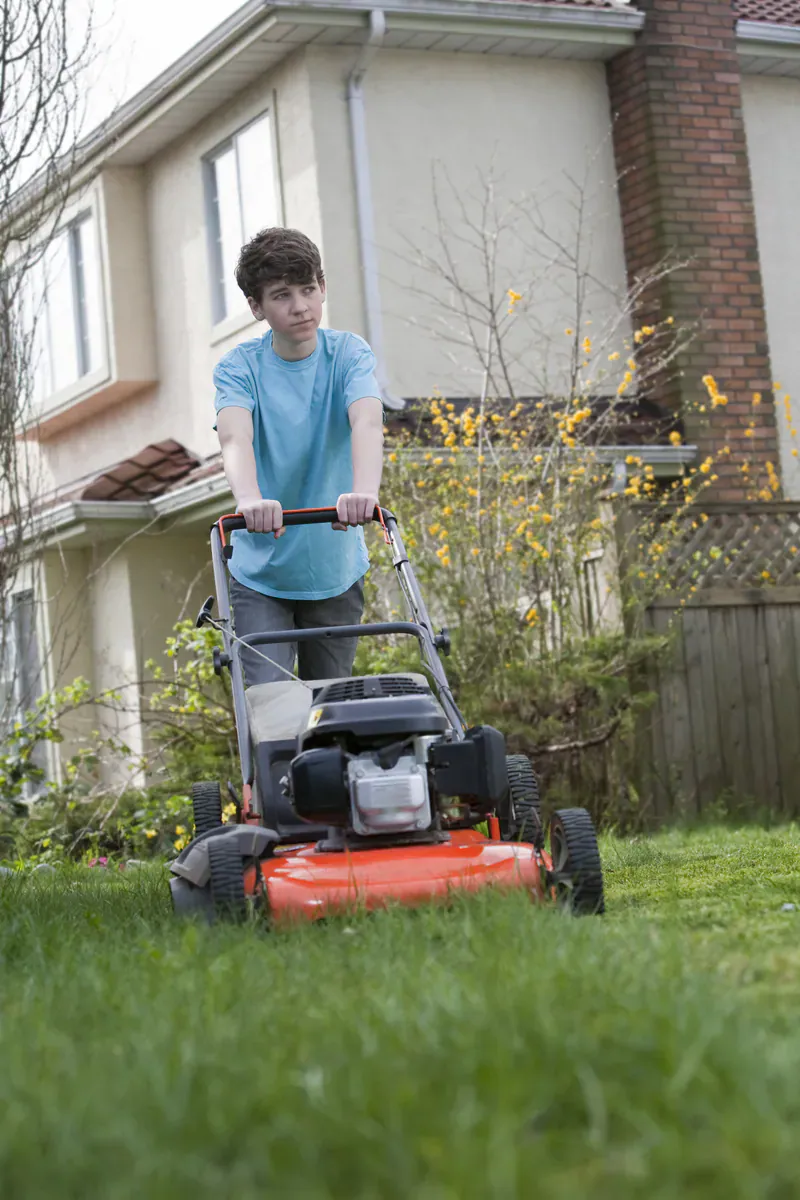Teach your kids to stack the dishwasher: it makes the world a better place

Many parents say they find it challenging to get their children to take on their fair share of household tasks.
For some, unfounded fears that they might be forcing their kids into some kind of child labor result in kids being let off the hook. For others, they’ve tried and failed so many times it just seems hopeless. And some think getting the kids to help set up a parent’s social media account equates to doing a household chore.
When children are small, many parents find it easier and quicker to do things for them. But if this habit continues into adolescence or early adulthood, it’s not good for anyone.
There are some obvious advantages to having children do their share, especially as they get older. With many parents working long hours, a little help goes some way to reduce their stress and exhaustion levels. But it isn’t just about making life a bit easier for parents; what’s frequently overlooked is that it’s vital for the children, too. To put it bluntly, if they’re not doing any chores then they’re missing out on important developmental skills. As kids grow, learning to do things such as make their bed, help with a meal, or do their own laundry helps build the life skills they’ll need as adults.
Less obviously, but perhaps more importantly, there are other relationship skills that come with doing chores. Kids gain a lot from developing an awareness that others around them, be they younger siblings, grandparents or even neighbours, sometimes need assistance; to be the person who meets that need is satisfying and emotionally rewarding. This growing empathic awareness, in turn, promotes well-being in families, and flows into the creation of supportive community networks. Feeling a warm inner glow for performing good deeds may sound old-fashioned, but it builds self-esteem that’s more genuine than the kind you get from likes on social media.
There’s also the issue of gender balance. In many families, even where both parents are working, it’s the mother who still bears the brunt of the housework burden. This will only change if children and teenagers learn from an early age that household tasks are not gender-related, and can — and should —be shared across all family members.
So, assuming that parents want to make this happen, what can they do? The first thing is to call a family meeting and write down all the tasks that need to occur to get the family through each week. Next, write down who currently performs each task, and who benefits, recognising that sometimes some tasks may be shared. What you’ll probably find is that the bulk of the work is down to mum, and the rest of the family gets the benefit with little effort! Now’s the time to discuss whether this is fair and reasonable and how it might be changed.
It’s best to ask for contributions from family members rather than make executive decisions. And don’t expect too much too soon. Start small and offer some additional small privileges in return for extra effort. Although many parents use pocket money or allowance as the main incentive, be aware that if it’s always a strictly business type of transaction, you may not be giving kids a clear message about helping others without expecting a reward, just because it’s part of being a caring human being.
Conversations about sharing household tasks should be regular, brief and relaxed. The aim should be for parents and kids to work together, adding or swapping tasks to suit changing schedules or commitments. Remember, it’s not just about getting the jobs done – it’s about creating the next generation of helpful, community-minded citizens.

